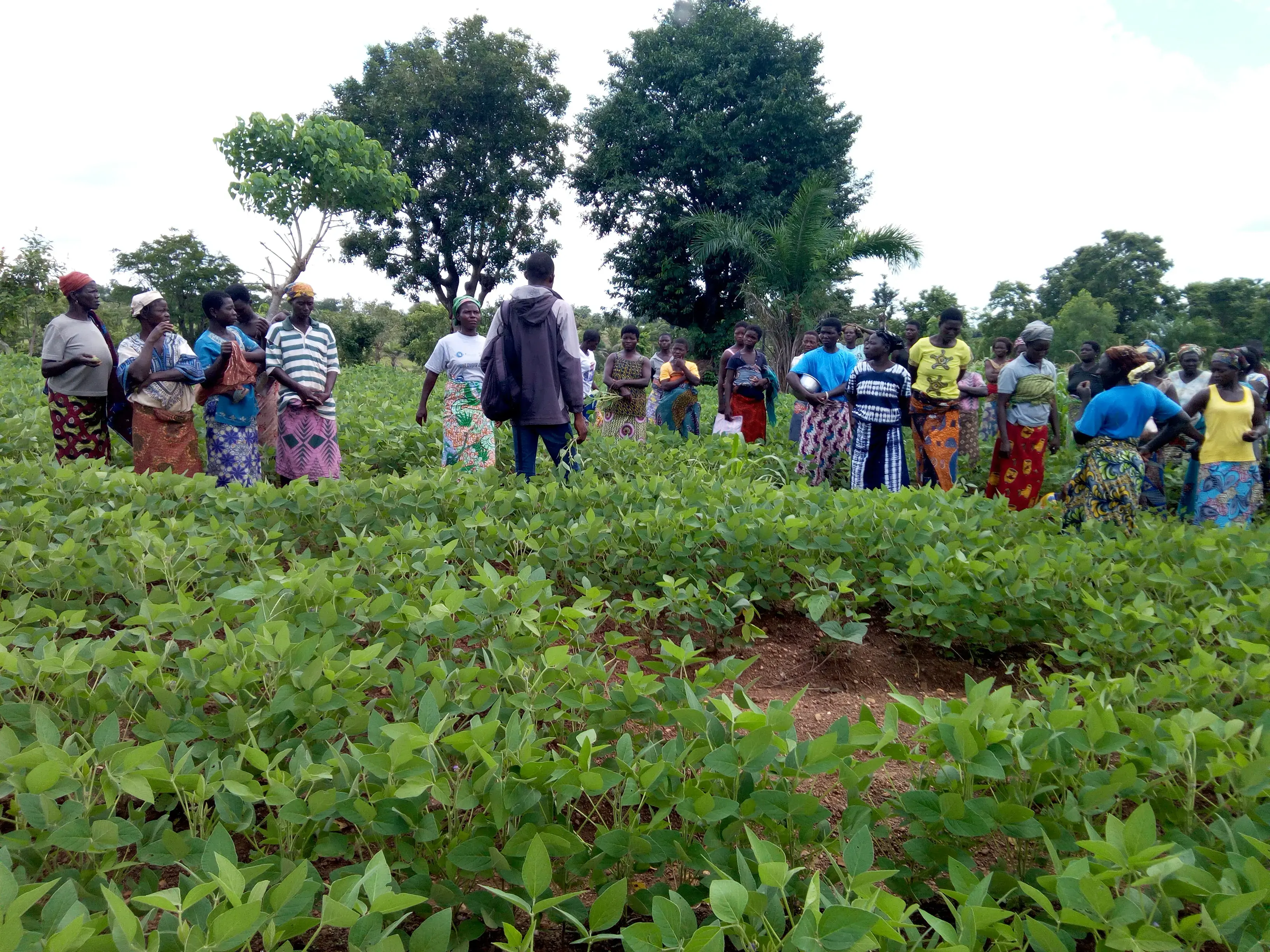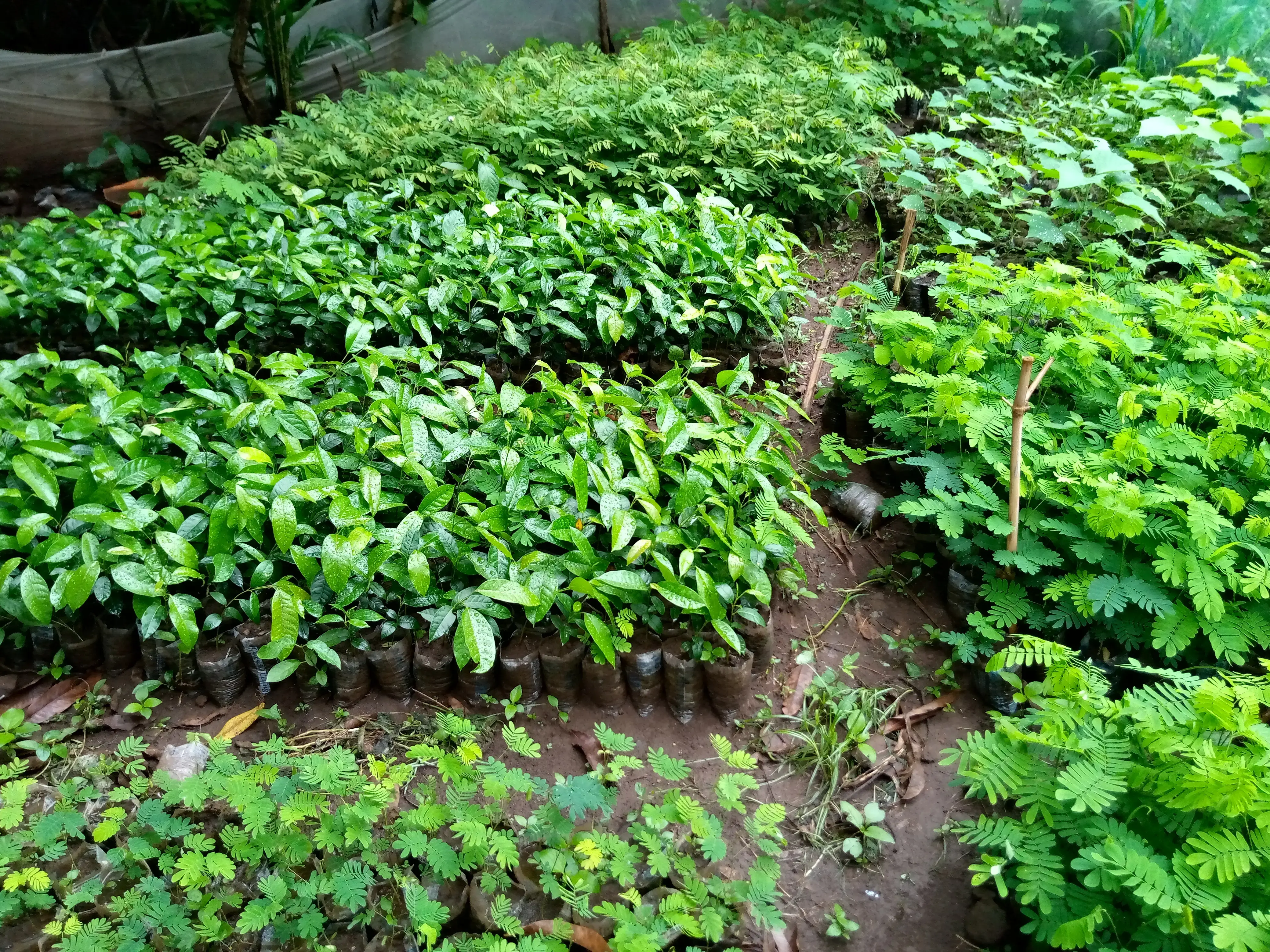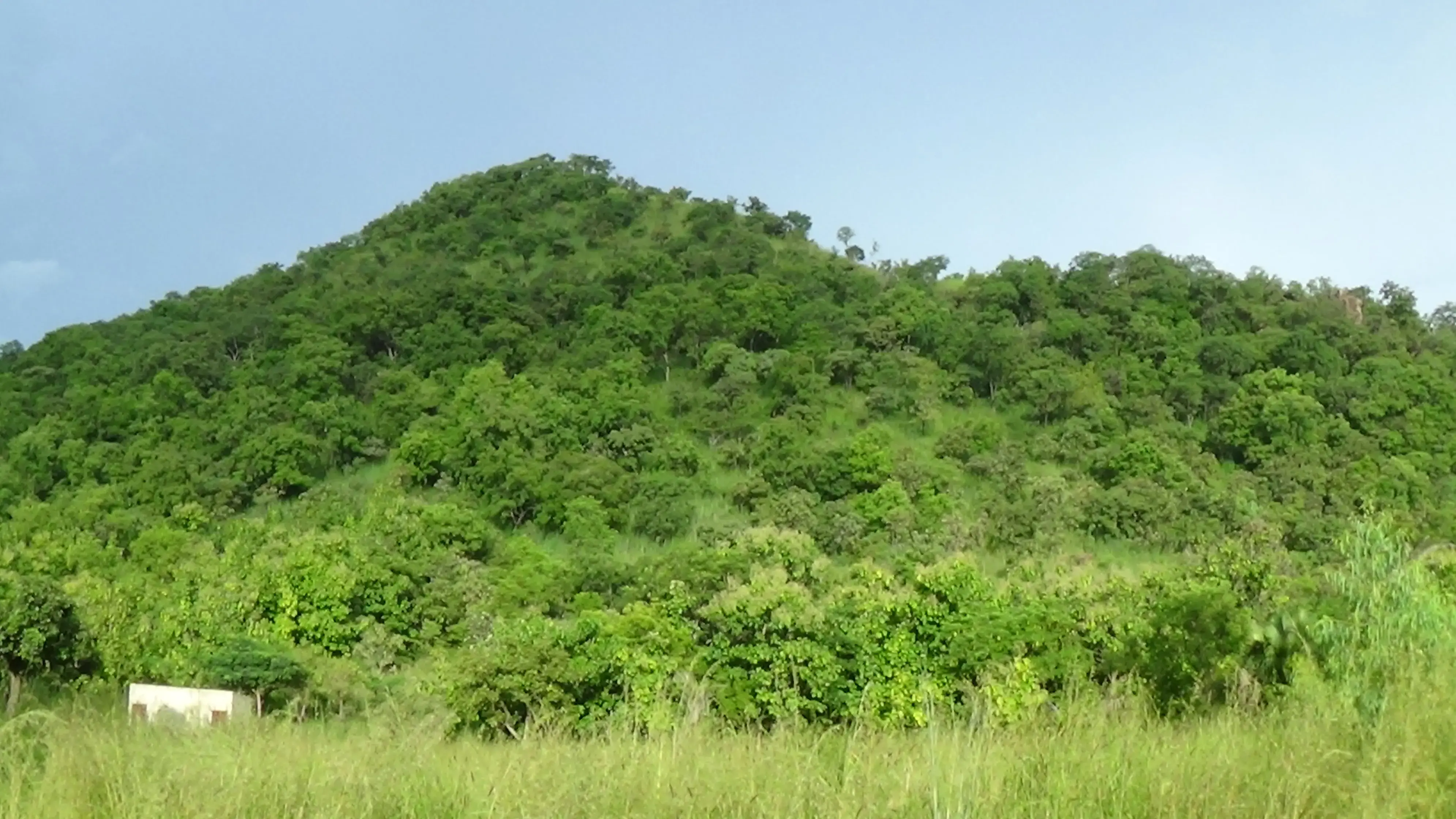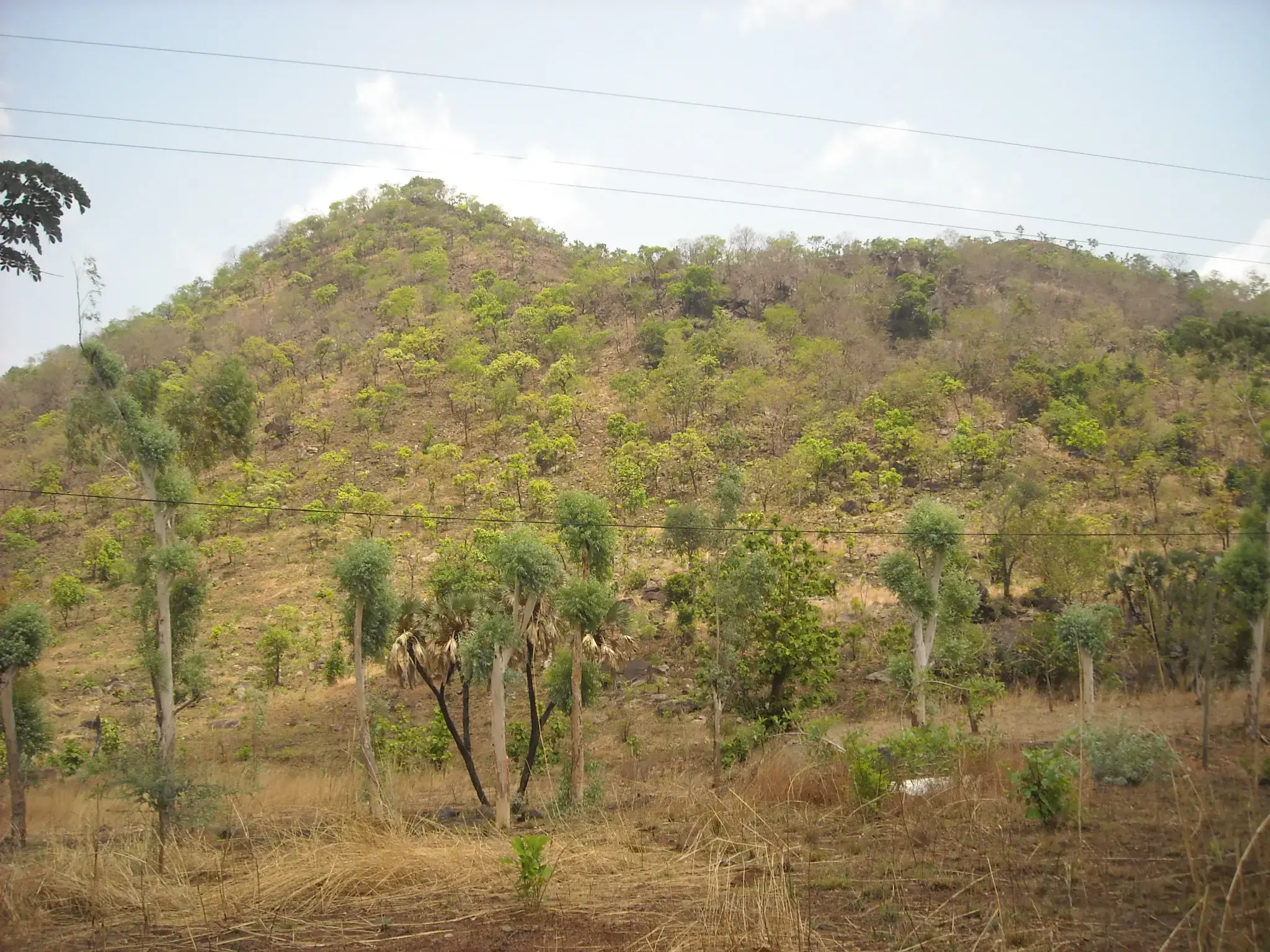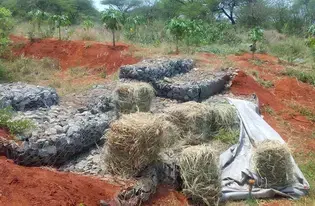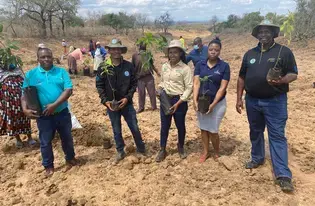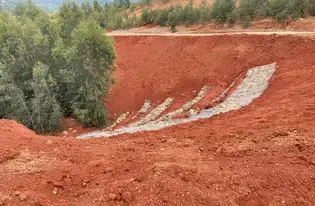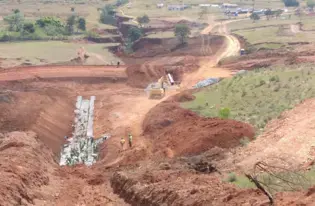Young people across Togo struggle to find decent jobs. To make an income, many reluctantly cut down the country’s trees to produce charcoal and sell it in their communities. Others slash and burn forests to carve out farmland for their families. According to the Global Forest Watch data, in 2021, Togo lost 5.90kha of tree cover, equivalent to 3.43Mt of CO₂ emissions. However, the Programme d’Aide pour le Développement Economique et Social (PADES) is using its long decade experience in helping these youth access better and greener jobs.
In 1992, the PADES members themselves were small farmers and traders who wanted to join force to fight poverty. They who were once those jobless youth, but today they are enough old and wise to see how deforestation has impacted their nation. “By the time our organization was operating, we started to realize that many of the activities that our members were doing were harming the environment. We started including reforestation and restoration in our programs,” says Agouda Batchale, the president of PADES.
Since its creation, PADES has helped restore more than 390 hectares and taught more than 150,000 community members about reforestation and restoration through the grassroots management committees that they create in each zone where they work. Those local committees decide the scope and feasibility of each project that comes their way. A grant from TerraFund for AFR100, an initiative of World Resources Institute, One Tree Planted, and Realize Impact that finances Africa's top restoration enterprises and projects, came at the right time to help PADES expand their work. The organization is helping women and youth start projects that grow fruit-bearing trees on degraded land that lost their fertility years ago. “If we want these young people to stop illegal charcoal making, we have to help them start green agribusinesses. If they can be successful in that, they will no longer return to cutting trees,” Pelagie Badabo, the program manager at PADES.
Most importantly for PADES, this funding is helping them extend their existing work with women, teaching them about not cutting trees for firewood. “We worked before with the government and managed to bring some women on board. Women make more than 80% of those who cut trees. If we can continue with the education, I don’t see why we cannot decrease that number,” she says.
Some young people have started seeing results since they started planting trees. Awesso Magnim, who decided to plant fruit trees on his small patch of land, says it has already started paying off. “PADES came and interested us in planting trees. In one year, I have managed to get some money for myself and for the school fees of my children. I hope next year it will be even better,” he says.
For the PADES team, the future seems bright. “If we help them restore and they actually see the benefits in terms of harvest or financial gain, it increases in the number of people joining our efforts,” Pelagie says.
